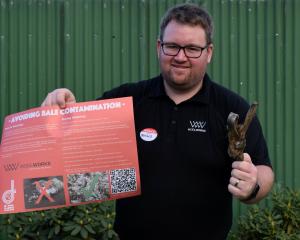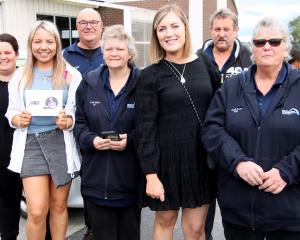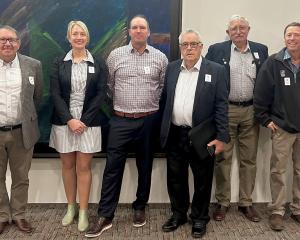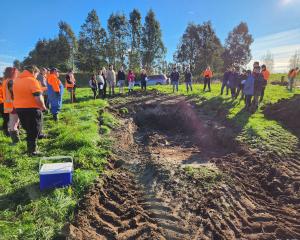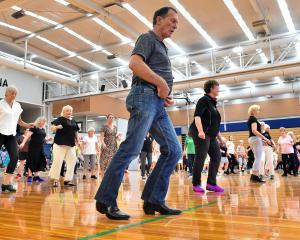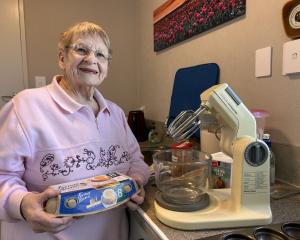Scam protection workshops continue to pull in crowds and have positive impacts in the community.
A second workshop was hosted by the Gore District Council’s Ready for Living team last Tuesday at the James Cumming Centre.
Over 40 people attended the workshop.
Ready for Living co-ordinator Kylie Aitken said the seminars were having the effect that was hoped for.
"Several people that attended the first seminar have contacted us saying they have been able to identify scams and stop contact before losing any money and are being more cautious.
"Others have reported possible scammers to police," Ms Aitken said.
Many of the attendees said they had become more aware of what to look out for, she said.
Feedback from the latest seminar had been just as useful for the attendees, she said.
"Initial feedback from those that attending has been really positive and they found the seminar really helpful."
Different agencies and organisations were looking to host further educational opportunities around scams soon, she said.
Further resources regarding scams were available at the Gore District Library and the Mataura Library and Service Centre.
At the workshop attendees were educated on a variety of different topics.
These included how to keep their information safe, ways to identify scams, checking domain names, not clicking on links in text or emails from unknown sources, checking the ID of people if in person, using unique passwords and two-factor authentication, what to do if you are scammed and how to report it.
"There are so many scams that are getting more elaborate and harder to identify."
Speakers at the seminar included Helen Breen, of ANZ, Russel Taylor, of Inland Revenue Department and Senior Sergeant Gary Iddenten, supported by Senior Constable Greg Sherie.
"The take home message that was reinforced by all speakers was ‘if it sounds to good to be true, it is’. You don’t have a long lost relative trying to send you money and the attractive person you meet online needing money is a scam."
If people felt that something might be a scam they should talk to family, friends, neighbours or police, she
said.
"If you think someone you know is being scammed check in on them. Scams can affect people mentally and physically."
Ready for Living and Neighbourhood Support collaborated to run the workshop.


